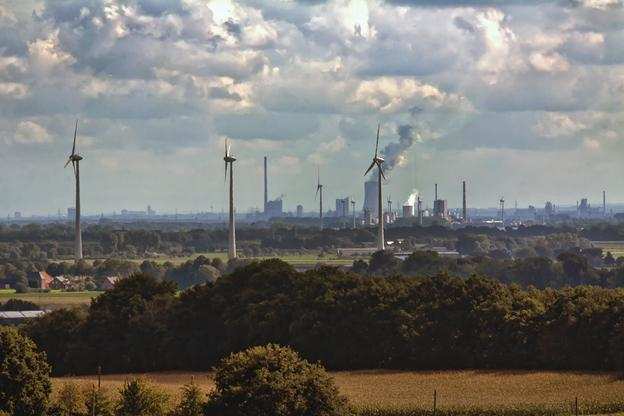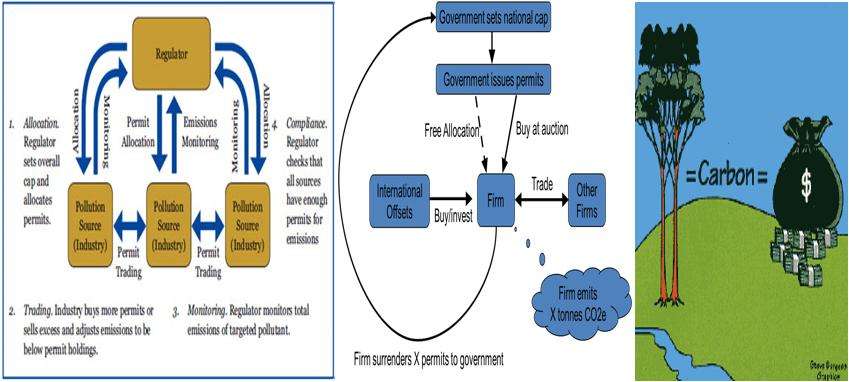Carbon Trading: How can it initiate a new atmosphere in India’s Business?


Kyoto Protocol, followed by United Nations’ Framework Convention on Climate Change (UNFCCC), is an important aspect in Global economic affairs. Somehow, it bears with itself useful prospects to boost backward or sick industries in a country like India, as well as to create a positive competitive business atmosphere. These prospects would be further linked to the program for climate conservation and development.
In Kyoto Protocol, it was decided that each and every organization and country will emit a fixed amount of carbon only. If an organization or a country is completely dependent on Carbon emission based industry, then it can purchase ‘+’ (plus) points of Carbon emission from those countries and organizations which are not based on Carbon emission.
Such a system, on the one hand, will increase competition in bringing down Carbon emission among organizations and countries and on the other hand, it will the door for sick industries. As a result, these industries can recover their position in business market if they take the advantages laid open by Kyoto Protocol via CARBON TRADING.

Now by giving simple examples, I am coming to the actual point of discussion. For instance, in India, NTPC, and ONGC share the highest rank in terms of Carbon emission. United Nations has already bound the level of Carbon emission for a particular organization to 7 points.
NTPC and ONGC, apart from using their own points, need more than 7 points to meet their target of production. Now in this situation, they will have to take recourse to those small industries which need low emission for production or those which are not based on Carbon emission.
It means that a small IT company, which has ‘0’ (zero) level of carbon emission (as it is a service-producing company) can easily sell their own 7 points to any of these companies. CARBON EMISSION POINT simply works as a ‘certificate by grant’, and in order to get it, a company does not need to depend on basic factors of production such as labor or wage.
Being a registered company is enough to get this certificate and to gain points. In some cases, it is actually of no use to some industries, but all of them can earn easily by selling their points to those who are actually in need of it.
On a wider level, after all the industries in India or any country have achieved their targeted level of production and still have excess points in hand, CARBON TRADING will be transformed from domestic or national scale, to an International level. Here, in this case, the surplus points of a country will be bought by another country, which will further sell it to other countries.
So from the above discussion, we may conclude that it is no doubt that Kyoto Protocol has opened a gate for a new trade opportunity which is in other words the ‘Carbon Trade’, a mere trade in points and papers, but full of wider prospects and opportunities in the near future.
.jpg)